SB 1383, the Short-Lived Climate Pollutant Strategy, aims to divert 75% of organics in California from landfill and recover 20% of surplus edible food for human consumption by 2025. Regulations became effective on January 1, 2022. The goal of SB 1383 is to reduce short-lived climate pollutant greenhouse gases (GHGs), like methane, which contribute to global climate change. SB 1383 specifically targets methane emitted from the waste sector, which is produced from the anaerobic decomposition of organic waste in landfills.
SB 1383 requires every Californian – residents, businesses, schools, apartments, government facilities and more – to ensure that organic waste is sorted correctly to prevent it from being landfilled. To learn more about how this regulation applies to different groups within Marin County, click the tiles below. For a list of what waste goes where for your area, see our Who is My Hauler page.
Need to submit a complaint about an entity that is not compliant with SB 1383? Please fill out this form.
Under this new law all residents must sort recyclable and compostable materials into the appropriate containers.
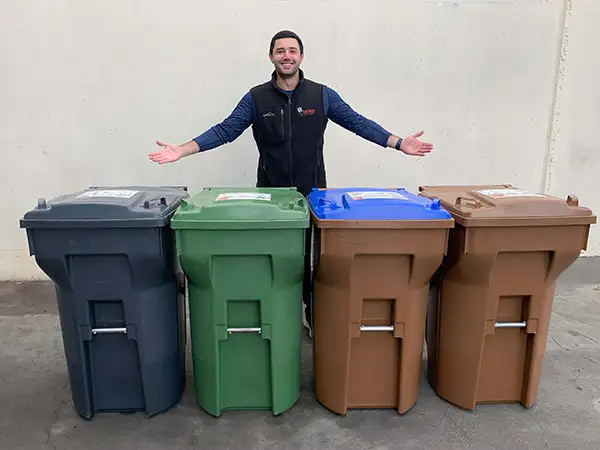
Residents of single-family homes, condos, and apartments with fewer than five units with landfill collection service must also subscribe to and utilize recycling and compost service. Please call your hauler to start service.
Apartments, townhomes, condos, and mobile home parks consisting of five or more units fall into the multi-family category. Per California State Laws, multifamily complexes with five units or more are required to recycle and compost.
Your property manager or owner is required to subscribe to recycling and compost collection service. The recycling and compost containers must be as convenient to access as landfill containers and must be labelled with proper signage. If your property does not have compost service, please contact your property manager. Property Managers can learn more about their requirements in our SB 1383 At Work tab above.
Please refer to the SB 1383 documents as an additional reference. PDF links will open in a new browser tab or window.
Please remember to “stop and sort” and pay close attention to the accepted and prohibited materials for each waste stream.
Need more guidance? See our Composting page or visit your waste hauler’s website to get clarity on what they accept in each bin.
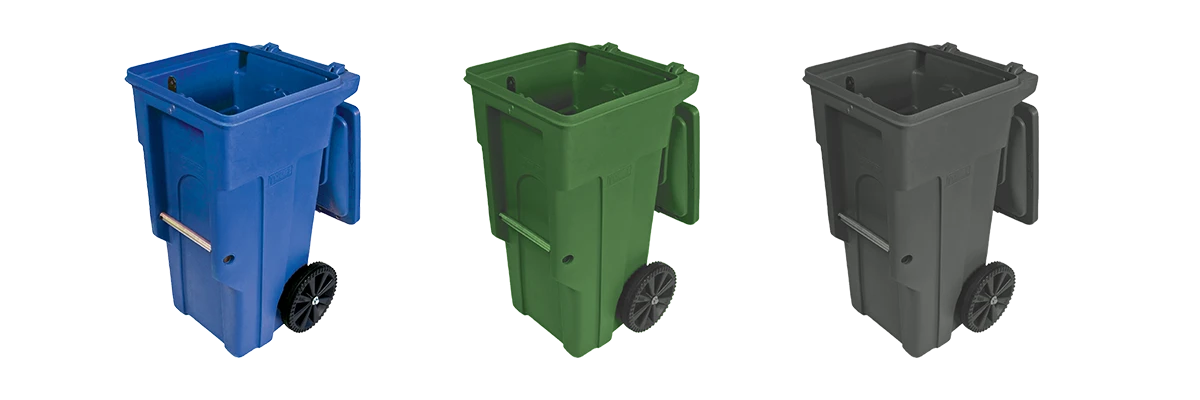
Under California law SB 1383, all businesses and non-profit organizations are required to either:
To learn more about SB 1383 refer to the CalRecycle Organics webpage.
Under SB 1383 regulations, certain commercial edible food generators are required to donate the maximum amount of surplus edible food at their site. The generators that fall under this mandate are split into larger Tier 1 generators, and smaller Tier 2 generators.
(must comply by 1/1/22)
(must comply by 1/1/24)
Businesses that fall into these categories that generate surplus edible food must meet several requirements. Tier 1 and 2 generators must:
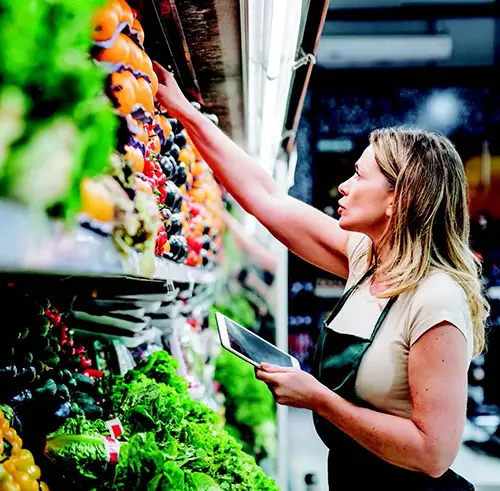
Note that there are no waiver provisions for this section of the law. If you fall into one of the Tier 1 or Tier 2 categories, you will be contacted by Zero Waste Marin and made aware of the requirements.
Download the SB 1383 One Pager Food Generators English document for more details. PDF links will open in a new browser tab or window.
To comply with SB 1383 regulations, businesses must contract with a food recovery organization or service. Below are the Food Recovery Organizations (FRO) that Zero Waste Marin has identified in Marin County.
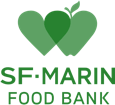
Large volume donations Service area: Marin County Contact and more information: sfmfoodbank.org

Learn more and contact at https://respectingourelders.org/
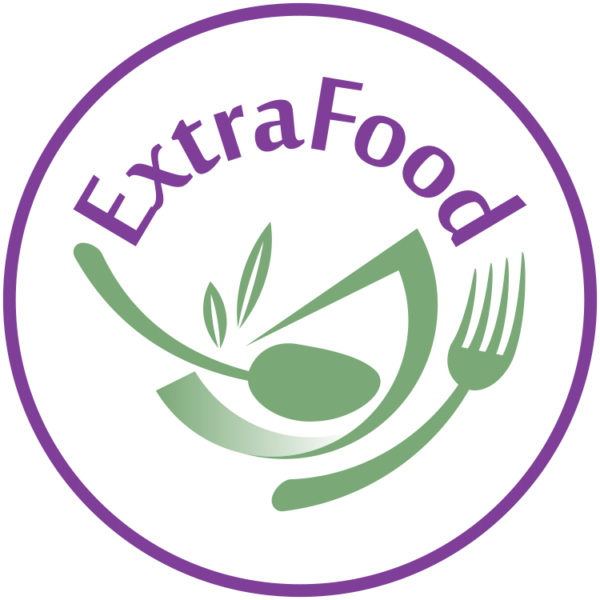
Prepared foods, smaller volume or larger donations Service area: Marin County Contact and more information: extrafood.org
State law mandates that multifamily buildings must provide compost service to all tenants. Contact your hauler to set up service.
This requires that building managers must:
Recycle and compost containers must be as convenient to access as landfill containers.
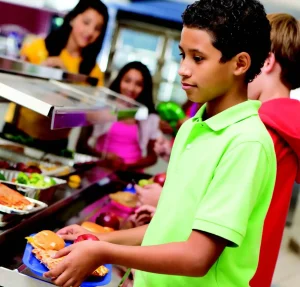
California is home to more than 10,000 K-12 schools and 6 million students. Local education agencies (LEAs) play a vital role in fighting climate change and protecting the environment for future generations.
Local education agencies are required to maintain mandatory commercial recycling and organics recycling (compost) programs, including ensuring that schools have properly labeled recycling and composting containers to collect bottles, cans, paper, cardboard, food waste, and other recyclable materials. SB 1383 builds upon these efforts by expanding the definition of organic waste to include food scraps, landscape and pruning waste, fibers, wood, and more.
School staff and administrators must subscribe to organic waste collection service and educate employees and students about organic waste prevention.
Staff and administrators must periodically:
School staff and administrators must provide containers to collect organic waste and recyclables in all areas where landfill containers are provided, except in restrooms.
However, a school is not required to provide an internal collection container if a specific material type is not generated in a particular room (e.g., food waste in a classroom). Containers must conform to the proper color and labeling requirements.
Zero Waste Marin and your hauler can help!
Please refer to the SB 1383 for Schools as an additional reference.
To learn more, visit the CalRecycle webpage on SB 1383 Resources for Local Education Agencies.